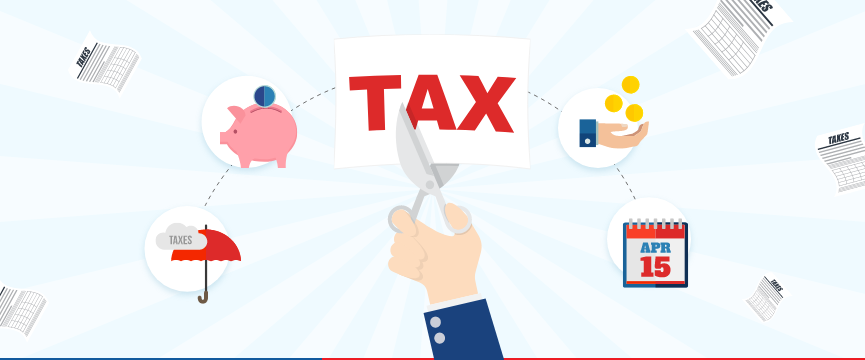After receiving your April salary, it’s common to receive calls from the human resources department asking you to update your tax-saving investment plans. For those starting their first job, this can be overwhelming. However, by following a few simple tips, you can not only save on taxes but also move closer to achieving your financial goals. In this blog post, we’ll explore some key considerations and strategies to help you make informed decisions about tax-saving investments and financial planning.

Assess Your Financial Standing
When starting your first job, it’s possible you may have outstanding education loans. It’s crucial to stick to the repayment schedule to avoid earning a bad credit report, which can make it difficult to borrow money in the future. Additionally, the interest paid on education loans qualifies for a tax break under Section 80E of the Income-Tax Act. Make sure to obtain a certificate from the lender to claim this benefit.
Take Advantage of Deductions
Consider your contribution to the employees’ provident fund (EPF), which is eligible for deduction under Section 80C. Along with other eligible investments, you can claim deductions of up to Rs 1.5 lakh per financial year. If you’re living in a rented accommodation, don’t forget to claim tax House Rent Allowance (HRA) benefits within the specified limits by providing the rental agreement and rent receipts to your employer.
Also read: Achieving Financial Fitness: A Lifelong Journey to Prosperity
Align Investments with Your Goals
It’s essential to define your financial goals, whether they involve pursuing higher education, advancing in your career, paying off existing loans, or building wealth. When investing, avoid solely focusing on tax savings. Instead, understand different financial products and evaluate them based on their alignment with your goals. A SEBI-registered investment advisor suggests steering clear of traditional endowment plans and considering National Savings Certificates (NSC) or tax-saving fixed deposits from nationalized banks for lower-risk options. For long-term wealth creation, Equity-Linked Saving Schemes (ELSS) are worth considering.
Invest with Caution
ELSS investments not only provide tax breaks but also expose you to market fluctuations. Ideally, stagger your investments in ELSS to mitigate risks. Keep in mind that ELSS funds have a lock-in period of three years, the shortest among tax-saving investments. If you’re not ready to commit to long-term investments, ELSS or NSC can be suitable choices based on your risk profile.
Also read: Mastering Debt Repayment: A Strategic Approach to Achieving Financial Freedom
Plan for Uncertainties
While insurance may not be a priority for young professionals, there are specific considerations to keep in mind. Term life insurance is recommended if you have outstanding loans or dependent parents, while health insurance is crucial to ensure adequate coverage, especially when switching jobs. Premiums for term life insurance and health insurance qualify for deductions under Section 80C and Section 80D, respectively.
Build an Emergency Fund
Begin your journey towards financial freedom by establishing an emergency fund. This fund should cover at least six months’ worth of expenses and can be stored in fixed deposits or liquid funds. Consult a financial advisor before making any investment decisions to ensure you make informed choices.
Navigating tax-saving investments and financial planning in your first job can seem daunting. However, by assessing your financial standing, aligning investments with your goals, and understanding the benefits of various financial products, you can make informed decisions. Remember to consider insurance options and prioritize building an emergency fund. Seek guidance from a financial advisor to maximize your financial well-being and set yourself on the path to long-term financial success.
2 thoughts on “A Beginner’s Guide to Tax-Saving Investments and Financial Planning.”